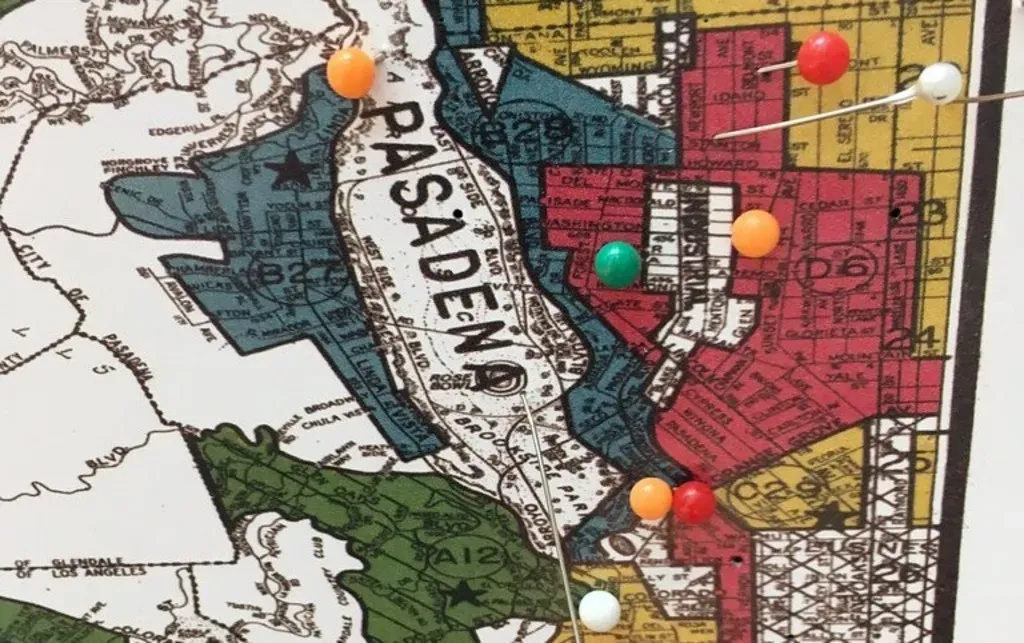Los Angeles Passes Resolution Banning Digital Redlining by ISPs
The city council unanimously voted to address concerns about digital discrimination and formulate new anti-discriminatory policies.
Jericho Casper

January 26, 2024 – The Los Angeles City Council unanimously approved a regulation to prohibit digital pricing discrimination on Thursday, one of the first cities in the nation to address the issue of digital redlining.
The ordinance was introduced by Councilmember Marqueece Harris-Dawson.
It directs the city attorney to work with community-based groups and create a process for organizations to submit digital discrimination complaints on behalf of a larger group of residents.
It further directs the Civil, Human Rights and Equity Department to examine the city’s current anti-discrimination laws and create a new policy for investigating complaints, including a public information campaign so that Los Angeles residents know where to access help.

Instances of the nation’s largest internet service providers “cherry-picking” affluent neighborhoods for upgrades to faster broadband services, while neglecting investments in low-income areas have been documented by educational institutions, media outlets, and non-governmental organizations.
Digital Equity LA, in collaboration with the California Community Foundation, identified patterns across 165 addresses of Charter Spectrum offering lower prices and better terms and conditions in wealthy neighborhoods across Los Angeles County.
A specific case study conducted in the Westlake-Angelino Heights neighborhood found a $20 price difference for the same Spectrum internet service between addresses located just two miles apart. Spectrum serves more than 98 percent of LA County households.
By conducting an in-depth examination of AT&T’s fiber deployment, a study by the University of California at Berkeley’s Haas Institute for a Fair and Inclusive Society found that households benefiting from fiber-to-the-home upgrades in Los Angeles County had a median household income nearly twice that of the households relegated to slower digital subscriber line technology by AT&T.

The analysis was based on Form 477 data supplied by AT&T to the FCC, and the company’s publicly advertised rates and services.
The Markup, a nonprofit newsroom that investigates the impact of technology on society, analyzed more than 18,000 addresses across Los Angeles and found that AT&T and Verizon routinely advertise the same price for much slower speeds in higher poverty, less white communities than in wealthy white neighborhoods.
The new ordinance establishes a mechanism for forwarding citizens’ digital discrimination claims to the Federal Communications Commission, which aligns with the FCC’s recent adoption of new rules in November to prevent broadband providers from engaging in digital discrimination based on factors such as race, income, and other demographic traits.
The FCC’s order will go into effect in March and empowers the federal agency to fine providers for failing to provide equal service in different communities.
“We need to make sure we have a level playing field,” Councilmember Bob Blumenfield, who co-sponsored the motion, said to the LAist. “And this today will create an avenue for Angelenos to submit complaints about discrimination and for ways for the city to get actively involved in addressing it.”








Member discussion